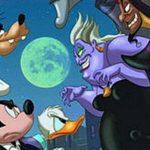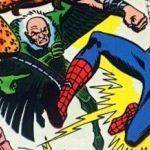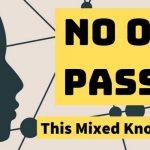Do you know what a “hoser” is? Only the true Canadians will prevail. See if you can translate this Canadian slang to American English.Can You Translate This Canadian Slang To English?
Quiz: Can You Translate This Canadian Slang To English?
Scotland is a country that is rich in history, culture, and natural beauty. It is located in the northern part of the United Kingdom and is known for its stunning landscapes, ancient castles, and vibrant cities. If you are a fan of Scotland or just curious about this fascinating country, then you should take our quiz to test your knowledge.
Our quiz, "What Do You Know About Scotland?" is designed to challenge your knowledge of Scotland's history, geography, culture, and people. It consists of multiple-choice questions that cover a wide range of topics, from famous landmarks and historical events to traditional foods and customs.
Whether you are a seasoned traveler who has explored every corner of Scotland or a curious learner who wants to know more about this beautiful country, our quiz is the perfect way to test your knowledge and learn something new. So, grab a cup of tea, put on your thinking cap, and get ready to take our quiz and discover how much you really know about Scotland. Good luck!





